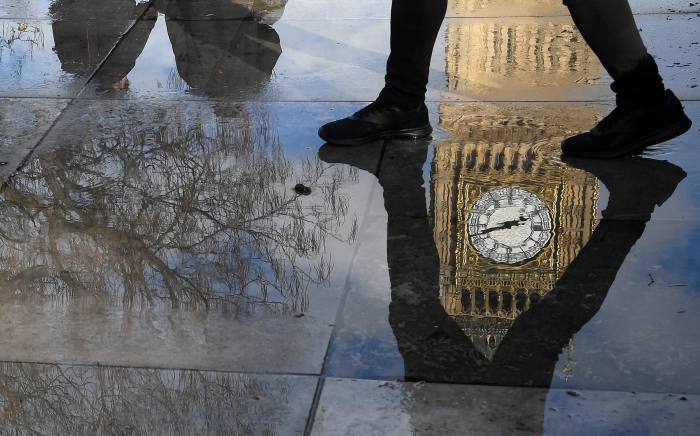
The chairman of the Treasury committee has voiced concerns over how many people are missing out on support from the government and has called on the chancellor to finally address this issue.
Mel Stride has written to chancellor Rishi Sunak saying that concerns raised in the committee’s first report into the economic impact of coronavirus have not been addressed, and there are still too many people being excluded from support initiatives.
Mr Stride said: “As various support schemes have been introduced, many people have fallen through the cracks.
“The committee urged the Chancellor to help these people months ago, yet many of them continue to be excluded from support schemes through no fault of their own.”
The problem concerns newly self-employed workers alongside limited company directors and others not meeting the criteria.
Mr Stride asked the chancellor to look into initiatives which are similar to those in Scotland and Northern Ireland to help those not eligible for the Coronavirus Job Retention Scheme (CJRS) or the Self-Employment Income Support Scheme (SEISS).
The Scottish government has set up the Newly Self-Employed Hardship Fund administered by local authorities.
Under this scheme, a one-off grant of £2,000 is available for newly self-employed individuals who are ineligible for other Scottish government or UK government schemes.
Meanwhile, the Northern Ireland Executive has set up the Individuals Emergency Resilience Programme, for those working in the creative industry including freelancers, musicians, actors and artists, and has also ring-fenced further amounts to assist individual artists or freelancers in the arts industry.
It has also set up the Covid Restrictions Business Support Scheme which aims to help small businesses that do not have premises, such as driving instructors and mobile hairdressers, and other businesses, such as cleaners and caterers, that have not been forced to close but act as part of the supply chain to businesses forced to close.
In his letter, Mr Stride said: “I would be grateful if you would explore similar initiatives on behalf of those who are not eligible for either the Self-employed Income Support Scheme or the Coronavirus Job Retention Scheme.
“Where you decide that these approaches are not appropriate, I would be grateful if you could set out your rationale.”
The gaps in support have been blamed for causing a self-employed “exodus” after figures from the Office for National Statistics, published earlier this month (November 10), found in the three months to September there was a fall of 174,000 people in self-employment, to 4.53m.
Although the government boosted payments from the SEISS scheme in response to the second lockdown, the eligibility criteria remained the same, which means many self-employed are still missing out.
At the time, Derek Cribb, chief executive officer of IPSE (the Association of Independent Professionals and the Self-Employed), said “glaring gaps in support” were leading to a long-term decline in the sector.
He said: “This is deeply concerning not only for the self-employed themselves, but also for the UK’s prospects in the coming recession.”






